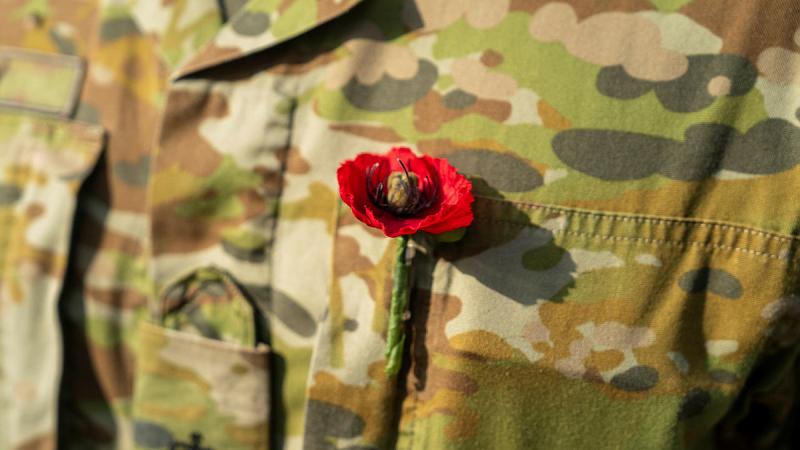Joint media release with the Hon Nikki Boyd MP
Personal hardship payments are now available for eligible Gold Coast residents in response to the severe storms in South-East Queensland on Christmas night.
This includes grants of $180 for individuals and up to $900 for a family of five or more to cover the costs of essentials like food, clothing and medicine.
A range of other support measures are also available to eligible individuals to help make their home safe to live in, replace household contents, and reconnect essential services like electricity, water and sewerage.
People living in the following localities can access the assistance, made available through Commonwealth-State Disaster Recovery Funding Arrangements (DRFA):
| Advancetown | Elanora | Neranwood |
| Alberton | Gaven | Numinbah Valley |
| Arundel | Gilston | Ormeau |
| Ashmore | Guanaba | Ormeau Hills |
| Austinville | Helensvale | Oxenford |
| Biggera Waters | Hollywell | Pacific Pines |
| Bilinga | Hope Island | Palm Beach |
| Bonogin | Kingsholme | Paradise Point |
| Burleigh Heads | Labrador | Parkwood |
| Burleigh Waters | Lower Beechmont | Pimpama |
| Carrara | Luscombe | Reedy Creek |
| Cedar Creek | Maudsland | Robina |
| Clagiraba | Merrimac | Runaway Bay |
| Coolangatta | Miami | Springbrook |
| Coombabah | Molendinar | Tallebudgera Valley |
| Coomera | Mount Nathan | Tugun |
| Currumbin | Mudgeeraba | Upper Coomera |
| Currumbin Valley | Natural Bridge | Varsity Lakes |
| Currumbin Waters | Nerang | Willow Vale |
| | | Wongawallan |
| | | Worongary |
Funding is also being provided to the Gold Coast City Council for the reconstruction of essential public assets like roads and bridges, and for counter disaster operations including the removal of fallen trees and debris.
The Queensland Reconstruction Authority will continue monitoring local recovery efforts and stands ready to activate further DRFA support where required.
Quotes attributable to Federal Minister for Emergency Management Murray Watt:
“These storms didn’t just put a dampener on Christmas for the south-east, they destroyed property with a force rarely seen in this region.”
“For those hit hardest, we want to help them recover as quickly as possible.
“This assistance will make sure people can keep food on the table, they can regain power at their property, and they can repair damage to the home.”
Quotes attributable to minister responsible for the Queensland Reconstruction Authority Nikki Boyd:
“When it comes to disaster recovery, there are no days off.”
“Our energy crews are also working around the clock to clear debris and fix fallen lines, and we’re assisting councils with their local response efforts.
“No matter what we face or go through, our government will always be there for Queenslanders.”
“The Personal Hardship Assistance Scheme we’re activating has a variety of disaster support measures for the immediate and longer term.
“If you live in an eligible area and were affected by the storms I urge you to call the Queensland Community Recovery Hotline on 1800 173 349 to access financial support.”
Further information on disaster support available to eligible residents
Personal Hardship Assistance Scheme
- Emergency Hardship Assistance Grants – $180 per person, up to $900 for a family of five or more to support immediate essential needs such as food, clothing or medical supplies.
- Structural Assistance Grants – up to $50,000 for uninsured, income-tested owner-occupiers towards the repair or replacement of a disaster damaged dwelling damaged to return it to a safe and habitable condition.
- Essential Services Hardship Assistance – $150 per person, up to $750 for a family of five or more to assist with immediate needs following the loss of essential services at home for more than five consecutive days.
- Essential Household Contents Grants – up to $1,765 for individuals and up to $5,300 for couples or families to replace destroyed essential household contents such as bed linen and white goods.
Essential Services Safety and Reconnection Scheme
- Income-tested grants to help uninsured residents reconnect damaged services like electricity, gas and water. Up to $5,000 per household.
For more visit www.qld.gov.au/disasterhelp or www.disasterassist.gov.au.







